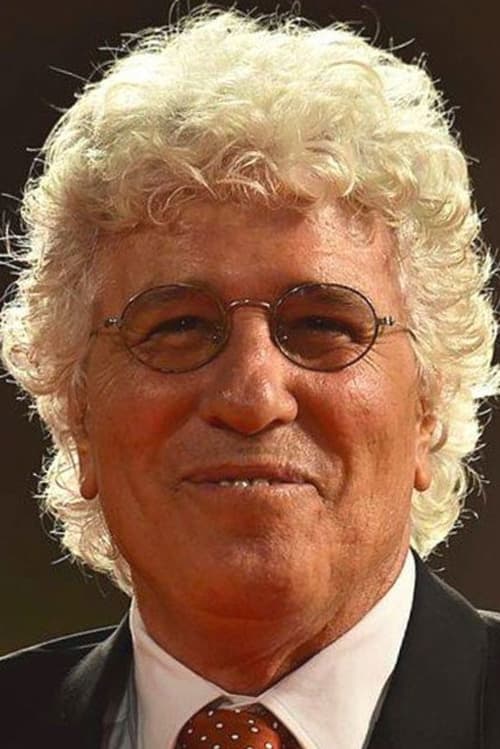L’Ultima Partita di Pasolini (2020)
Gênero : Documentário
Runtime : 1H 2M
Director : Giordano Viozzi
Sinopse
On September 14, 1975, Pier Paolo Pasolini played his last game of football, before his death, in San Benedetto del Tronto. “The last match of Pasolini” starts from a pretext of a football game, to tell a historical period that was fundamental for the whole of Italy, with its contradictions and tragedies, through an apparently playful vision of Pasolini, but that allows us to understand better the importance of the Italian poet and director.

Mia (Daniah De Villiers) é uma jovem de 14 anos que desde pequena tem uma profunda amizade com Charlie, um leão branco da fazenda de sua família. Quando seu pai decide vender Charlie para caçadores de troféus, Mia não vê outra opção além de fugir com o leão para salvá-lo.
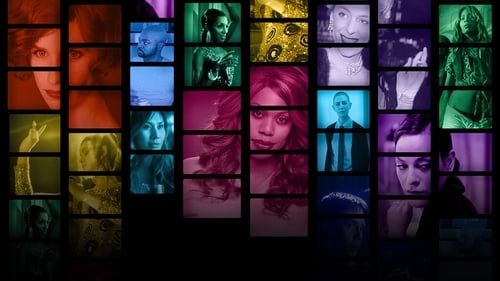
Neste documentário, nomes influentes da arte e do pensamento transgêneros analisam o impacto de Hollywood na comunidade trans.

Uma introdução hilária, usando como exemplos alguns dos melhores filmes da história, às idéias do filósofo e psicanalista esloveno Slavoj Žižek sobre subjetividade pessoal, fantasia e realidade, desejo e sexualidade.
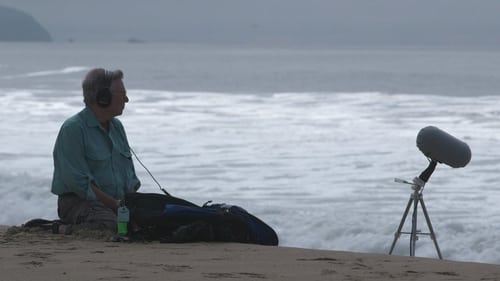
Como o design de som cria a mágica de um filme? Entrevistas com George Lucas, David Lynch e os sound designers de Star Wars, Indiana Jones e Apocalypse Now.
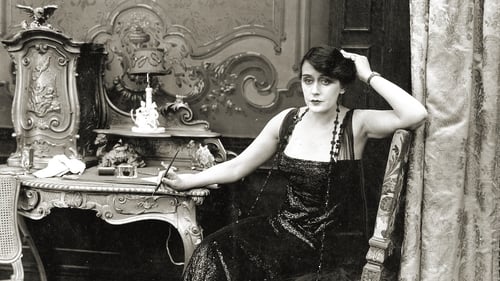
Quando Alice Guy-Blaché terminou seu primeiro filme em 1896, em Paris, ela não era apenas a primeira cineasta mulher, mas também uma das primeiras diretoras de cinema a fazer um filme narrado. Be Natural segue sua trajetória, desde secretária na Gaumont até sua indicação como Diretora de Produção em 1897, e sua subsequente carreira de sucesso de 20 anos na França e nos Estados Unidos, como fundadora de seu próprio estúdio, além de roteirista, diretora e/ou produtora de mil filmes - e depois completamente apagada da história. Até agora.
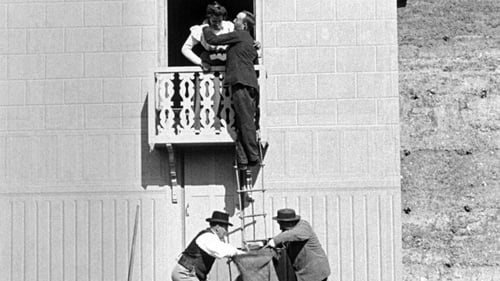
Em março de 1895, os irmãos Louis e Auguste Lumière eternizaram-se na história ao capturarem as primeiras imagens em movimento no aparelho que haviam inventado: o cinematógrafo. Neste documentário são contempladas algumas de suas obras, os primeiros passos dados para o nascimento da sétima arte.
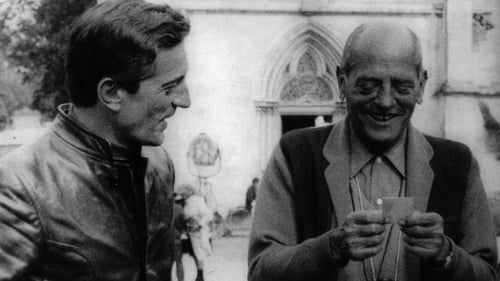
Surrealist master Luis Buñuel is a towering figure in the world of cinema history, directing such groundbreaking works as Un Chien Andalou, Exterminating Angels, and That Obscure Object of Desire, yet his personal life was clouded in myth and paradox. Though sexually diffident, he frequently worked in the erotic drama genre; though personally quite conservative, his films are florid, flamboyant, and utterly bizarre.
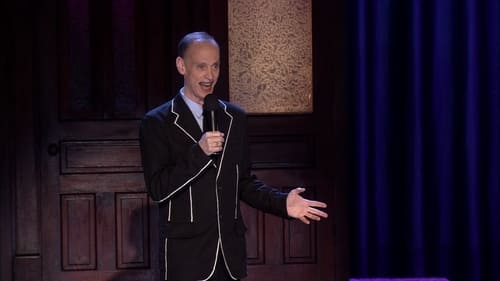
O monólogo de John Waters celebra a carreira cinematográfica e as obsessões do homem que William Burroughs uma vez chamou de "O Papa do Trash." Waters fala de seus filmes, de suas influências artísticas e de seu fascínio pelo crime, pelo cinema exploitation e pelo mundo da arte contemporânea.
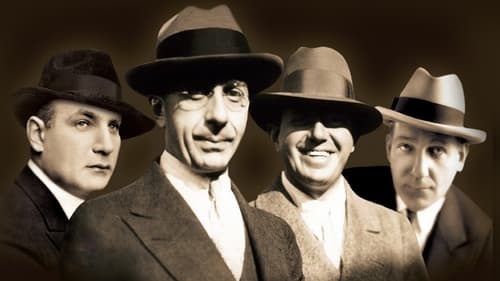
An intimate portrait and saga of four film pioneers--Harry, Albert, Sam and Jack who rose from immigrant poverty through personal tragedies persevering to create a major studio with a social conscience.
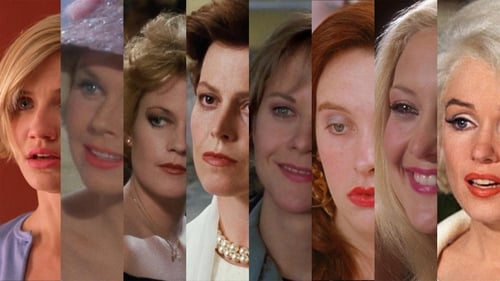
This documentary goes beneath the surface of our favorite films, seeking to better understand the way we view love, relationships, and romance. From clumsy meet cutes to rain-soaked declarations of love, these films reflect our experiences but are often just as problematic as they are comforting. Helped by a chorus of critics, actors, and filmmakers, and original songs by her band Summer Camp, director Elizabeth Sankey embarks on a journey of investigation and self-discovery.

This documentary revisits the making of Gone with the Wind via archival footage, screen tests, insightful interviews and rare film footage.

Este documentário celebra os 85 anos de vida dos Estúdios Warner Bros. e foi produzido, escrito e dirigido por Richard Schickel, crítico veterano da tradicional revista Time americana. o ator, produtor e diretor Clint Eastwood narra a história de uma dos mais tradicionais estúdios da América. Em You Must Remember This: A História da Warner Bros, Schickel monta uma crônica sobre a história da Warner de uma maneira sem precedentes, usando cenas de centenas de produções do estúdio para ilustrar como esses filmes serviram como um espelho para os valores, moral e atitudes de várias gerações. É possível conferir imagens marcantes de O Cantor de Jazz, Casablanca, Assim Caminha a Humanidade e O Exorcista, entre outros.
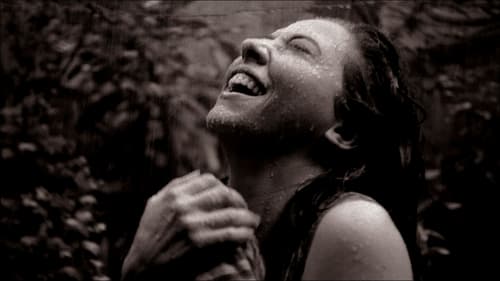
Uma investigação aprofundada, sob a forma de um ensaio poético, sobre um dos principais movimentos cinematográficos latino-americanos, analisada através do pensamento dos seus principais autores, que inventaram, no início dos anos 60, uma nova forma de fazer cinema no Brasil, com uma atitude política, sempre próxima dos problemas do povo, combinando arte e revolução.
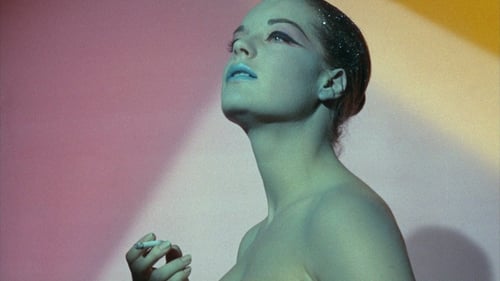
In 1964, Henri-Georges Clouzot's production of L'Enfer came to a halt. Despite huge expectations, major studio backing and an unlimited budget, after three weeks the production collapsed. This documentary presents Inferno's incredible expressionistic original rushes, screen tests, and on-location footage, whilst also reconstructing Clouzot's original vision, and shedding light on the ill-fated endeavor through interviews, dramatizations of unfilmed scenes, and Clouzot's own notes.
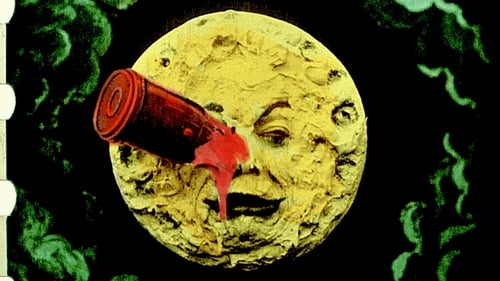
An account of the extraordinary life of film pioneer Georges Méliès (1861-1938) and the amazing story of the copy in color of his masterpiece “A Trip to the Moon” (1902), unexpectedly found in Spain and restored thanks to the heroic efforts of a group of true cinema lovers.

Among the pieces featured in Fragments are the final reel of John Ford's The Village Blacksmith (1922) and a glimpse at Emil Jannings in The Way of All Flesh (1927), the only Oscar®-winning performance in a lost film. Fragments also features clips from such lost films as Cleopatra (1917), starring Theda Bara; The Miracle Man (1919), with Lon Chaney; He Comes Up Smiling (1918), starring Douglas Fairbanks; an early lost sound film, Gold Diggers of Broadway (1929), filmed in early Technicolor, and the only color footage of silent star Clara Bow, Red Hair (1928). The program is rounded out with interviews of film preservationists involved in identifying and restoring these films. Also featured is a new interview with Diana Serra Cary, best known as "Baby Peggy", one of the major American child stars of the silent era, who discusses one of the featured fragments, Darling of New York (1923).

For just forty days, filmmaker and writer Mark Cousins embarks on a peculiar journey in order to explore topics as the passion for cinema and certain aspects related to making films as style, ideas, emotions and practicalities; an ambitious exploration of the universal language of cinema by analyzing pieces of work that cross every artistic and cultural boundaries.

Long treated with indifference by critics and historians, British silent cinema has only recently undergone the reevaluation it has long deserved, revealing it to be far richer than previously acknowledged. This documentary, featuring clips from a remarkable range of films, celebrates the early years of British filmmaking and spans from such pioneers as George Albert Smith and Cecil Hepworth to such later figures as Anthony Asquith, Maurice Elvey and, of course, Alfred Hitchcock.
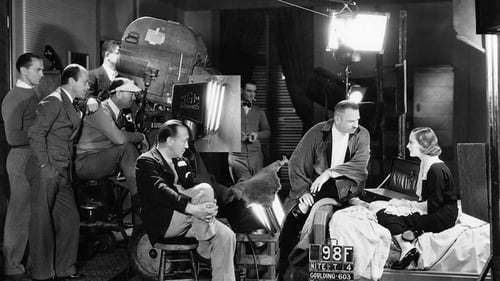
Cameramen and women discuss the craft and art of cinematography and of the "DP" (the director of photography), illustrating their points with clips from 100 films, from Birth of a Nation to Do the Right Thing. Themes: the DP tells people where to look; changes in movies (the arrival of sound, color, and wide screens) required creative responses from DPs; and, these artisans constantly invent new equipment and try new things, with wonderful results. The narration takes us through the identifiable studio styles of the 30s, the emergence of noir, the New York look, and the impact of Europeans. Citizen Kane, The Conformist, and Gordon Willis get special attention.


